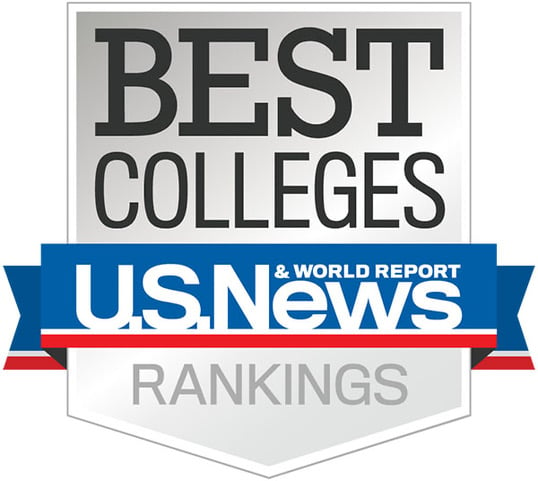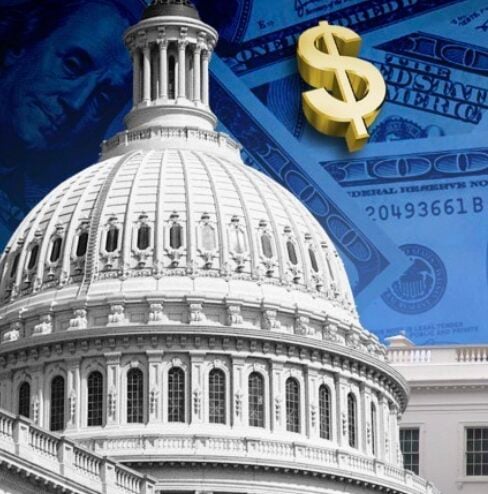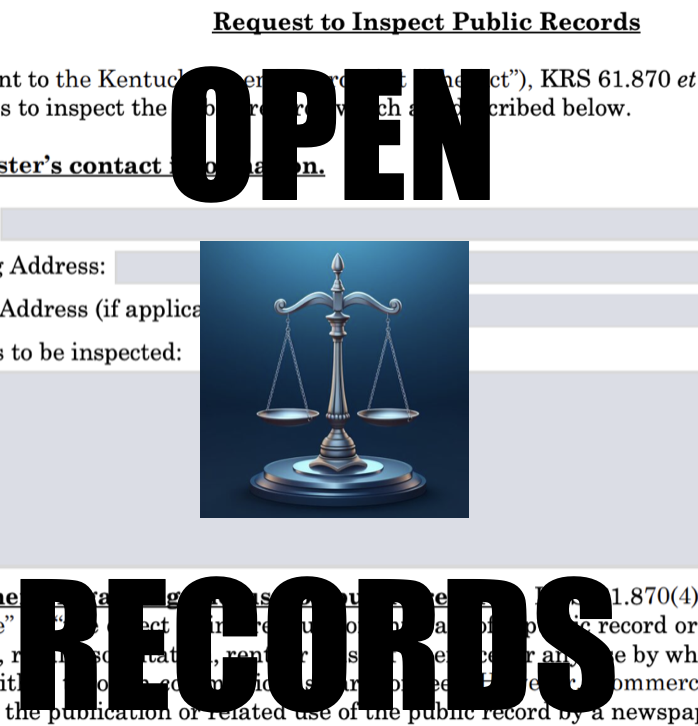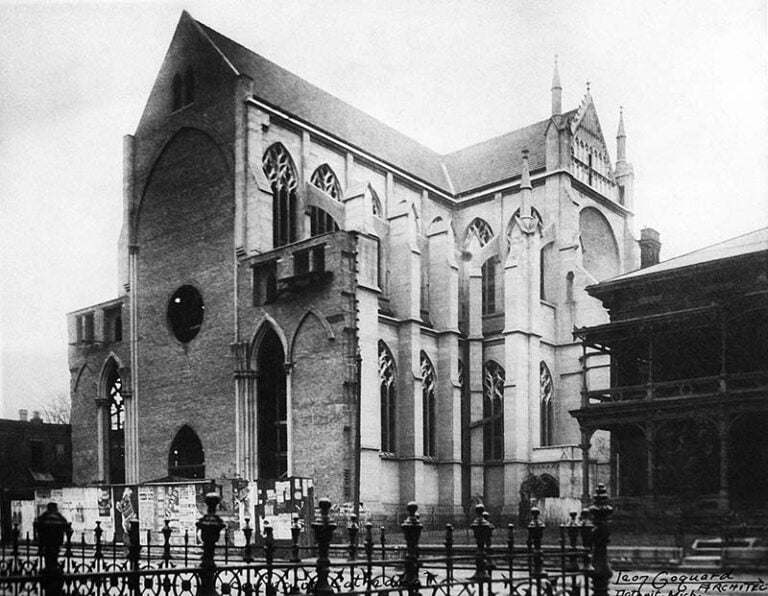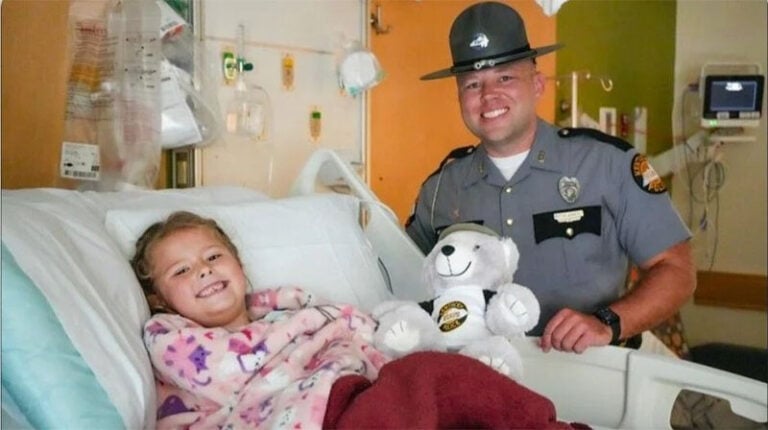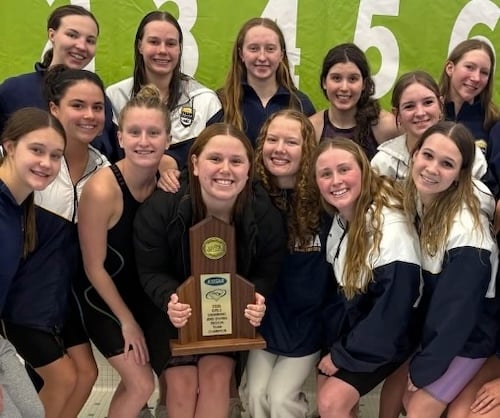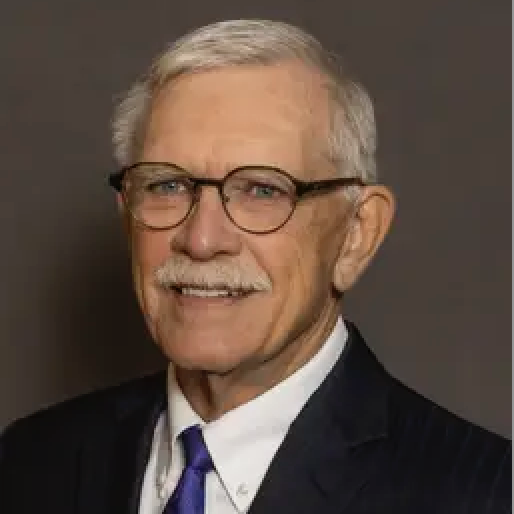By Mark Hansel
NKyTribune Managing editor
U.S. Sen. Majority Leader Mitch McConnell, R- Kentucky, is happy to finally be calling the plays.
McConnell, speaking to a largely partisan crowd at the Florence Rotary Club’s weekly meeting at the Airport Hilton Monday, used a football metaphor to describe his, and his party’s ascent, to Senate leadership.
“I was elected lead er of my party the year (the Republican Party) lost the Senate in 2006 and I hoped one day to be the offensive coordinator because the offensive coordinator gets to call the plays,” McConnell said. “I have enjoyed being the defensive coordinator…but it’s hard to score on defense.”
McConnell was chosen Majority Leader after his party took control of the Senate following the November election. Repeating the mantra he has spoken since he assumed that role, McConnell told the packed house Monday that “the era of dysfunction in the Senate is over.”
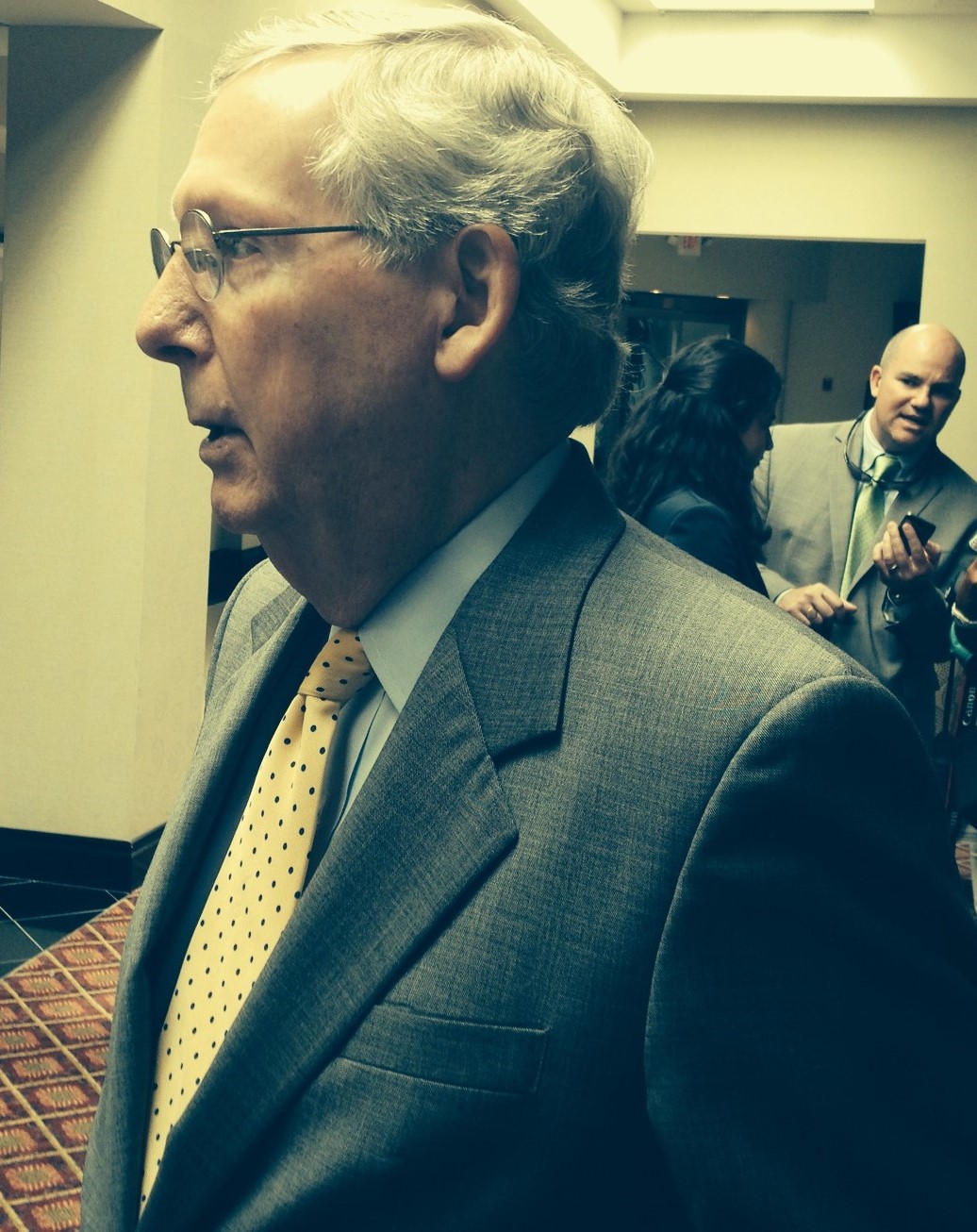 “I know you must have thought it from time to time, the feeling of ‘why can’t these people ever do anything?’” McConnell said. “If you felt the sense of dysfunction, you were right. You may have been a little confused about where it was; it wasn’t in the house, it was in the Senate.”
“I know you must have thought it from time to time, the feeling of ‘why can’t these people ever do anything?’” McConnell said. “If you felt the sense of dysfunction, you were right. You may have been a little confused about where it was; it wasn’t in the house, it was in the Senate.”
McConnell pointed to the 162 roll call votes on amendments so far in 2015, most of them introduced by Democrats. He compared that to just 15 last year under the leadership of Sen. Harry Reid, D-Nevada.
“We were not going to try to prevent people who had been duly elected from the various states from presenting their ideas and having them considered,” McConnell said.
McConnell cited other examples to demonstrate the end of the “era of dysfunction” in the Senate, including the passage of the federal budget and the Keystone Pipeline bill, which President Barack Obama ultimately vetoed.
“It enjoyed the support of both Democrats and Republicans,” McConnell said. “Unfortunately, the president, in the end, the most important Democrat of all, didn’t sign it. But had he signed it, we would have had 20,000 shovel-ready jobs ready to go to work in our country, without a single penny of taxpayer money.”
McConnell reserved much of his criticism for Obama, for the president’s stance on, among other things, the Iran nuclear agreement and U.S. foreign policy in general.
He called the Iran nuclear agreement revue act a terrible deal by any objective standard, saying it does nothing to seriously impact (Iran’s) nuclear capability.
“They will be a threshold nuclear state,” McConnell said. “It does nothing to curb their extra-curricular activities, fomenting trouble in Syria, in Lebanon, in Gaza, in Yemen. They get so much notice before inspections that they basically get to determine what’s inspected.”
As the “offensive coordinator,” McConnell has the option to call for either a resolution of approval or disapproval on the act and, not surprisingly, chose the latter.

“The president wanted this to be an executive agreement only, in other words, no Congressional involvement at all,” McConnell said. “But because we got enough Democrats on a bill to override a potential veto we were able to pass a bill that gives us at least an opportunity to weigh in on it.”
The Senate Majority leader said he would have preferred to have a stronger measure, “but this is the best bill we could get out of the congress by a big enough majority to override (the president’s) veto.”
“I don’t know how that will end, but I’ve said this, this is no small matter,” McConnell said. “This is a big debate about a very important national security issue.”
McConnell paraphrased former President Jimmy Carter when speaking of Obama’s foreign policy strategy. He said Carter recently stated he couldn’t think of a single place in the world where the United States was better off than before Obama came into office.
“A couple of weeks ago the Saudis flew to Moscow to talk about an arms purchase,” McConnell said. “I think there’s a level of passivity and a level of retreat that makes all of this kind of stuff more likely to happen. All of our allies are questioning us and our enemies aren’t afraid of us, so I think the next president’s going to have his hands full.”
McConnell also spoke of finding himself in the unfamiliar position of siding with the White House against Reid, House Minority Leader Nancy Pelosi, D-California, and other Democrats in supporting the trade promotion authority.
“The labor unions were overwhelmingly opposed to i,t the environmentalists were overwhelmingly opposed to it; of course, as a result of that, almost all Democrats were overwhelmingly opposed to it,” McConnell said. “This is not just for Barack Obama; it’s a six-year trade promotion authority bill that will be there for the next president as well. Of the countries that we currently have trade agreements with, or countries we are carving out trade agreements with, we have a $60 billion trade surplus.”
McConnell discussed the heroin issue, but acknowledged there are no easy solutions to what he called “the huge scourge we are all wrestling with.”
“This is just one hell of a problem,” McConnell said. “I know all of you are committed to giving it everything you’ve got in beginning to turn this around. To the extent that the federal government can play a role in it, I want to be there help you.”
There will still be plenty of challenges awaiting, McConnell said, when Congress returns after Labor Day. It will have to pass a continuing resolution to keep government agencies operating past the Sept. 1 end of the fiscal year, while spending issues are resolved.
Differences over “No Child Left Behind” and the brewing firestorm over funding for Planned Parenthood will also be addressed.
“You’ve watched the same (Planned Parenthood) videos I have,” McConnell said. “It pretty much paints the picture of what’s been going on there. Most Democrats and certainly the President of the United States are not likely to sign any such bills, but we will certainly be debating and discussing the appropriateness of that.”
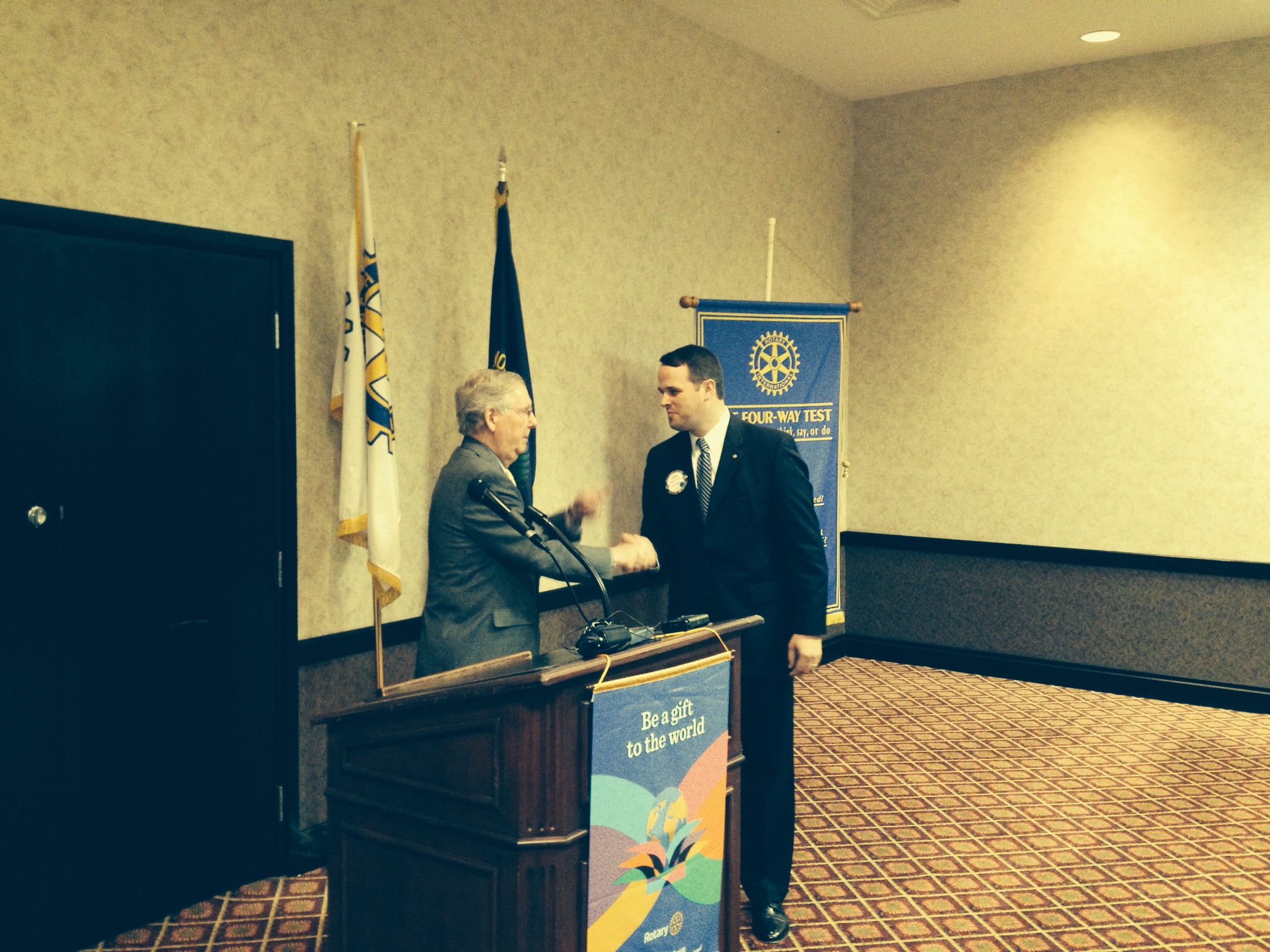
Regarding “No Child Left Behind,” McConnell said there is major rewrite working in the Senate. If approved, it would basically eliminate the national school board and return power to states and localities to make decisions on testing and other matters.
Finally, McConnell discussed the 2016 presidential election, but deftly avoided a question about Republican candidate Donald Trump.
“You know I’m not going to answer that,” he said, but followed with a comment that may have been directed at Trump’s strategy.
“If you look at the Republican field, it’s sort of like the (Kentucky) Derby this year,” McConnell said. “There’s a lot of good horses and everybody is trying to find some lane, so they can break out of the pack. I’m not worried about having a lot of competition and I do want to nominate somebody who can win and I think that’s extremely important.”
As to the race for the Democratic Party nomination, McConnell said he thinks Hillary Clinton is still the front runner.
“She hasn’t done herself any good,” McConnell said. “She’s gone down in trustworthiness significantly and I think she’s imminently beatable. I think she’s still very likely to be the Democratic nominee.”
Regardless of who emerges from the party primaries, McConnell said Ohio will once again play a key role and could very well determine who becomes the next president.
Florence Rotary Club President Adam Howard said McConnell has been a great friend to the organization over the years and a great speaker.
“He communicates things that are happening on a national level in a way that is very easy to understand and we appreciate him being a friend of Rotary,” Howard said.
Contact Mark Hansel at mark.hansel@nkytrib.com








